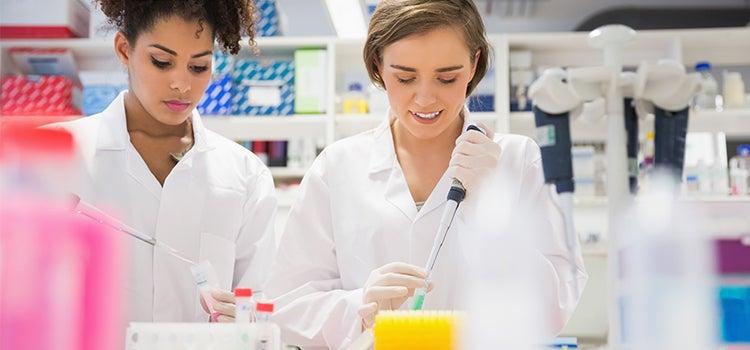
ASU's alliance with London and Sydney leads to global network opportunities for graduate students and postdocs
The PLuS Alliance, a partnership between Arizona State University, King’s College London and UNSW Sydney (the University of New South Wales), is a few weeks away from the inaugural year for the PLuS International Interdisciplinary Researchers program (PIIR). The PIIR program is designed to enhance the global and interdisciplinary skills and perspectives of the next generation of research leaders.
The PIIR program’s aim is to build leadership, collaboration and communication skills, through participation in transdisciplinary work, as essential career development for the modern world of science and innovation.
Brian Smith, associate dean of graduate initiatives in the Graduate College, and a PLuS Alliance fellow, has been working to foster the development of the PIIR program.
Collaboration and transdisciplinary research is not easy, because it requires skills some researchers may be uncomfortable with, such as networking and discussing topics in vernacular different than their own. This may prevent students and researchers from working with others. But, it’s very important they branch out, because the scientific break-throughs they’re hoping to achieve will require transdisciplinary involvement.
“What aligns my job at the Graduate College with the intention of the PIIR program is to help students realize they shouldn’t just listen to lectures about networking, but get over the hump to take the risk to actually learn how to implement it,” said Smith.
Networking with like-minded people should be a part of the researcher’s tool bag, because one never knows when an opportunity will present itself. Networking is not always a straightforward process where you find just the right people exactly when you need them. Smith said it can fall closer to “I know what you do, you know what I do and we get along very well, let’s work together.”
These skills are not typically a part of university curriculum, and are best learned by having real-world experience.
“Our goal for the PIIR program is to create an explicit process for PhD candidates and postdoctoral researchers to gain hands-on experience working in reinforced collaboration. Students will have the ability to advance their career skills and focus on their communication and collaboration proficiency through the program,” said Smith.
The program is open to PhD candidates and postdoctoral researchers (up to five years post-PhD) from any of the three universities involved in the partnership with a research focus on one of the PLuS Alliance’s key themes: sustainability, global health, social justice, technology and innovation.
Within PIIR, researchers must complete one year of the program, which includes a blend of online courses, in-person meetings at each institution, workshops, and monthly webinars with all partners. Researchers will also develop one scholarly output, such as a conference poster, funding proposal or policy position paper. Co-mentoring by faculty at different universities is encouraged, and researchers will have the opportunity to apply for funds to support travel to one of the PLuS Alliance institutions in London or Sydney if not on the ASU campus.
“The program works to ensure those pursuing a graduate degree or further experience in postdoctoral research can shift their research to other parts of the world without the restrictions of one location. This connection with King’s College London and UNSW Sydney allows students to travel and globally expand their scope of possibilities for solving problems,” said Smith.
The program is set to launch in October 2018 and continue through September 2019.
Smith hopes to scale the program by making the online modules available to ASU students after the program ends.
More stories from the Graduate Insider

Graduate education is an adventure
About eighteen months ago, I set out on a journey walking the islands of the Dodecanese during a sailing trip in Türkiye and Greece with several friends. Along the way, I found winding paths, timeless villages and breathtaking views of sea and sky. That experience got me thinking about how adventure shows up in other parts of life, especially in learning.

Finding your flow: Managing the graduate writing process
Graduate writing can feel like a marathon—long, demanding, and full of unexpected detours. But as Tristan Rebe, Program Manager for the Graduate Writing Center, reminded students in the Grad15: Managing the Writing Process webinar, writing is not about perfection—it’s about progress. “The best dissertation is a done dissertation,” Rebe said, quoting Robert Frost: the best way out is through.
